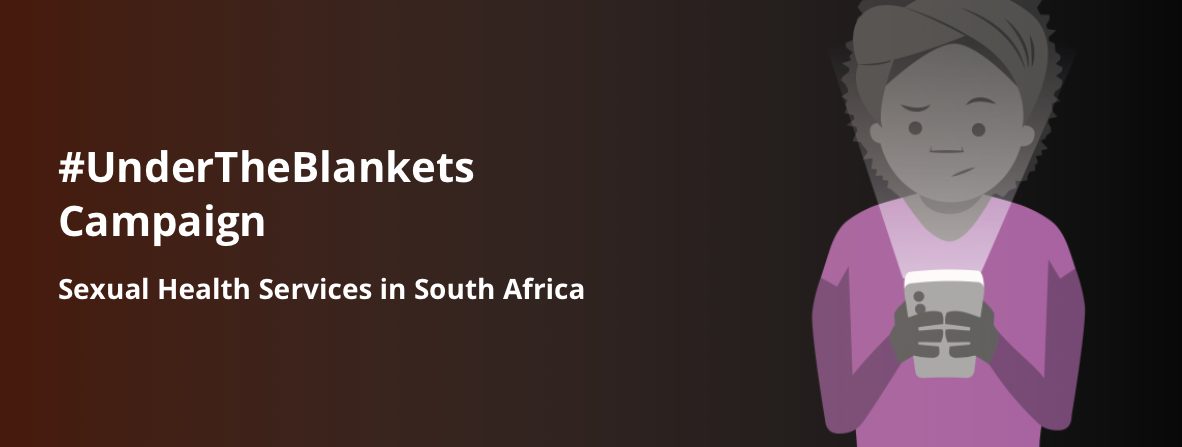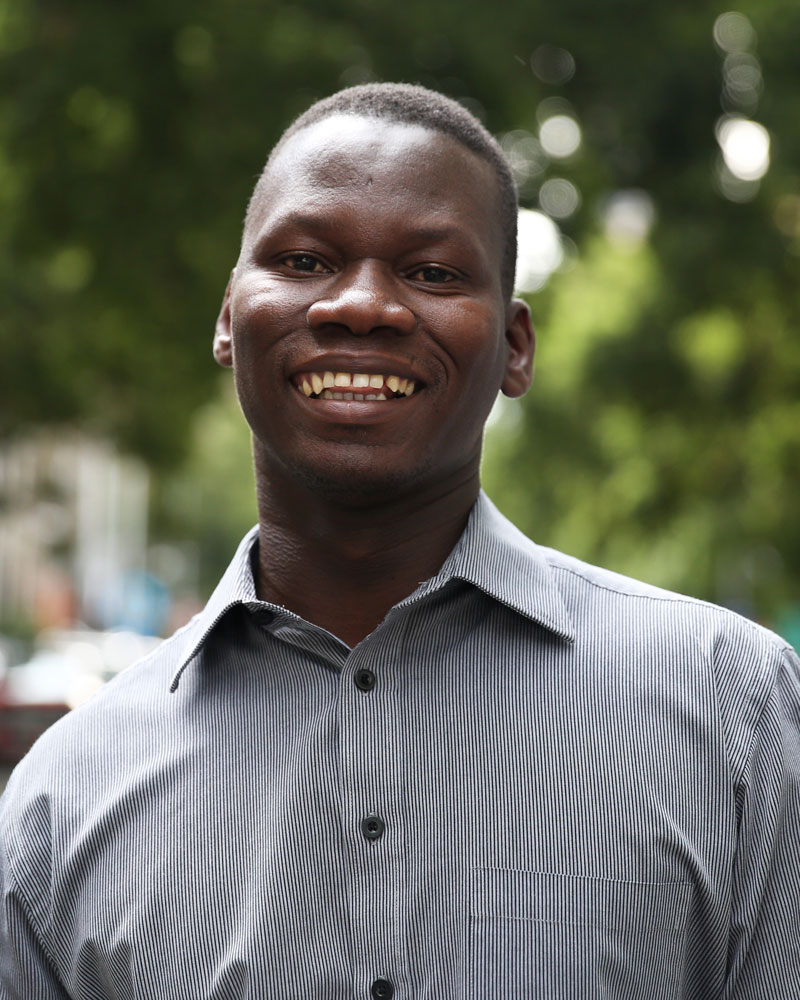On Tuesday, March 21, 2023, South Africa observed Human Rights Day. Human Rights Day is an affirmation by ordinary people, who rise in unison to proclaim their rights while also drawing attention to issues that South Africans continue to face which undermine these rights. Unfortunately, South Africa has a long history of violence against women, and this is one area where our country is not doing well as statistics by relevant authorities. As South African’s were celebrating Human Rights Day, yet another heinous case of gender-based violence was made known to the public by Yolande Mngxali, a daughter of the alleged abuser, Siphiwo Mngxali, detailed her mother’s ordeal of abuse on social media. The account pointed to a long history of systemic abuse of their mother and them as children as they were exposed to this.
Violence against women is staggeringly high in South Africa, with an estimated one in three women experiencing domestic and sexual violence. In many of these cases, survivors are failed by the criminal justice system. We also know that many survivors do not bother to report cases of abuse because they simply have lost confidence in the system that periodically is found wanting in such matters.
According to Yolande Mngxali’s social media post, the perpetrator was arrested in Mthatha on March 8, 2023, for attempted murder of his wife, Dr ATY Siphambo-Mngxali. He has requested bail. His bail hearing at Mthatha magistrate court is scheduled for March 22, 2023. It is our hope that given the gravity of this case the sate will oppose bail to ensure that the family is kept safe while the investigations ensue, and the case unfolds. Sonke Gender Justice in collaboration with other civil society organisations supports Yolande Mngxali and her family, and applauds Mngxali’s bravery in speaking out and seeking help, despite the fact that the alleged act of abuse was committed by her father.
We extend our solidarity to Dr ATY Siphambo-Mngxali who has been facing an extended exposure to abuse. She wrote a passionate letter of plea to the president curtailing her litany of exposure to acute abuse and failures by the criminal justice system. For a citizen to be placed in such a position where they have to pen a letter to the head of state due to failures of the criminal justice system is unfortunate. This in a country that has signed up to a comprehensive NSP-GBVF is a problem.
We urge Mthatha’s police and justice systems to prioritise the safety and protection of victims of gender-based violence. This is critical because, in many cases, the victim must put their life on hold while attempting to remain calm when abused by a family member, friend, or partner. They must mentally prepare themselves by not retaliating in anger when attacked.
Sonke Gender Justice is deeply concerned about the continuous gender-based violence in South Africa. Sonke Gender Justice reiterates its call for a safer South Africa that values the sanctity of women’s bodies and lives and eliminates GBV and femicide in particular.
You can sign a petition here: https://bit.ly/404Dzwv to keep the alleged perpetrator in jail.
Media enquiries
Bafana Khumalo, Co-Executive Director, and Co-Chairperson, Global MenEngage Alliance: bafana@genderjustice.org.za or 082 -578-4479.
Notes to editors
Sonke is a South African-based non-profit organisation working throughout Africa. We believe women and men, girls and boys can work together to resist patriarchy, advocate for gender justice, and achieve gender transformation.

